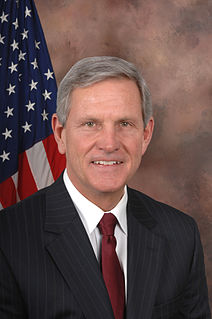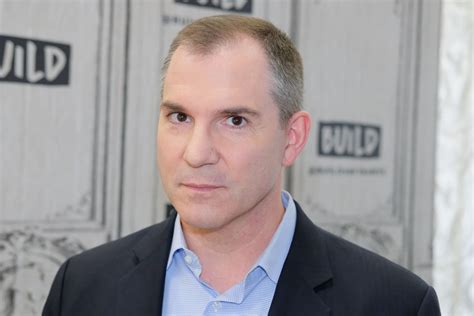A Quote by Dahlia Lithwick
The criticism from the other side of [race] debate - and these are not necessarily I think defenders of [Donald] Trump, but they're certainly quick to say, you know, if you're going to live by the race card, you die by the race card.
Related Quotes
In the past, I said I didn't want to speak on certain issues because the second I said one thing about race, then 'Tyron's playing the race card.' But if you really think about it, what is the race card? The race card is that the man held me down, I had unfair circumstances, and I wasn't able to be successful because I was held down.
Africa with 400 million Black People can
do it. If you cannot do it, if you are not prepared to do it then you
will DIE. You race of cowards, you race of imbeciles, you race of good
for-nothings, if you cannot do what other men have done, what other
nations have done, what other races have done, THEN YOU HAD BETTER DIE.
It's the culture, not the blood. If you can go anywhere in the world and adopt these babies and put them into households that were already assimilated in America, those babies will grow up as American as any other baby with as much patriotism and love of country as any other baby. It's not about race. It's never been about race. In fact the struggles across this planet, we describe them as race, they're not race. They're culture based. It's a clash of culture, not the race. Sometimes that race is used as an identifier.
No matter how old I get, the race remains one of life's most rewarding experiences. My times become slower and slower, but the experience of the race is unchanged: each race a drama, each race a challenge, each race stretching me in one way or another, and each race telling me more about myself and others.
Side by side with the human race there runs another race of beings, the inhuman ones, the race of artists who, goaded by unknown impulses, take the lifeless mass of humanity and by the fever and ferment with which they imbue it turn this soggy dough into bread and the bread into wine and the wine into song.
You know a Senate race is obviously a much smaller deal than a presidential race. What I think makes a very hard job considerably easier when you're going to debate is if you have reminded yourself - or somebody has reminded you during the course of your campaign - that consistency is enormously important. That people don't want to hear you say one thing in one part of the state and another thing in another part of the state.
We still write too many stories that are "state of the race" stories that are informed almost solely by what the polling shows and by what we're then deducing about who's up, who's down, and I'm just not sure that's very helpful to readers, it certainly doesn't elevate the debate and, and the problem is if you, if you cover these things, and I don't think the Times is particularly culpable, I think other news organizations are worse, if you cover them in an entirely "who's up, who's down" horse race way.






































